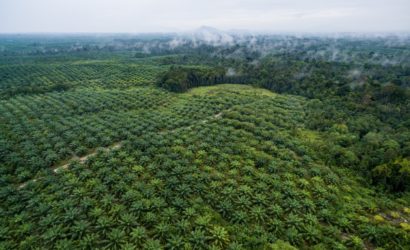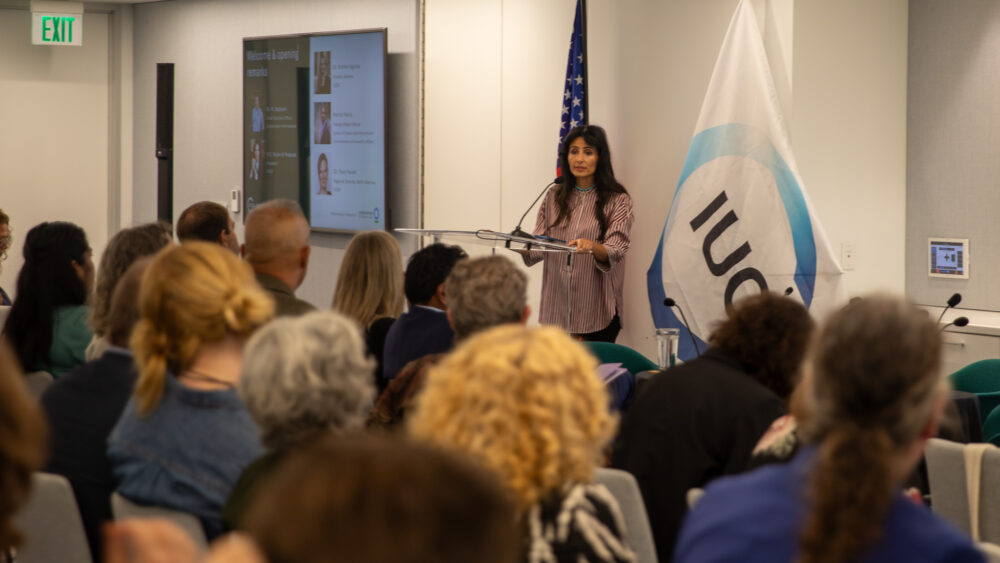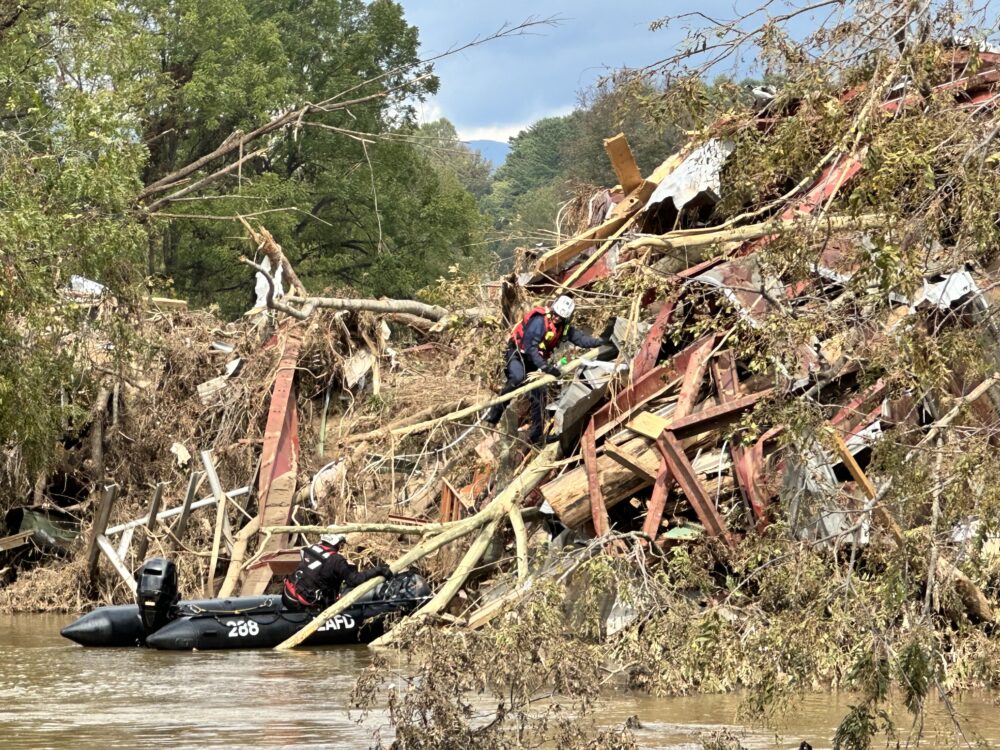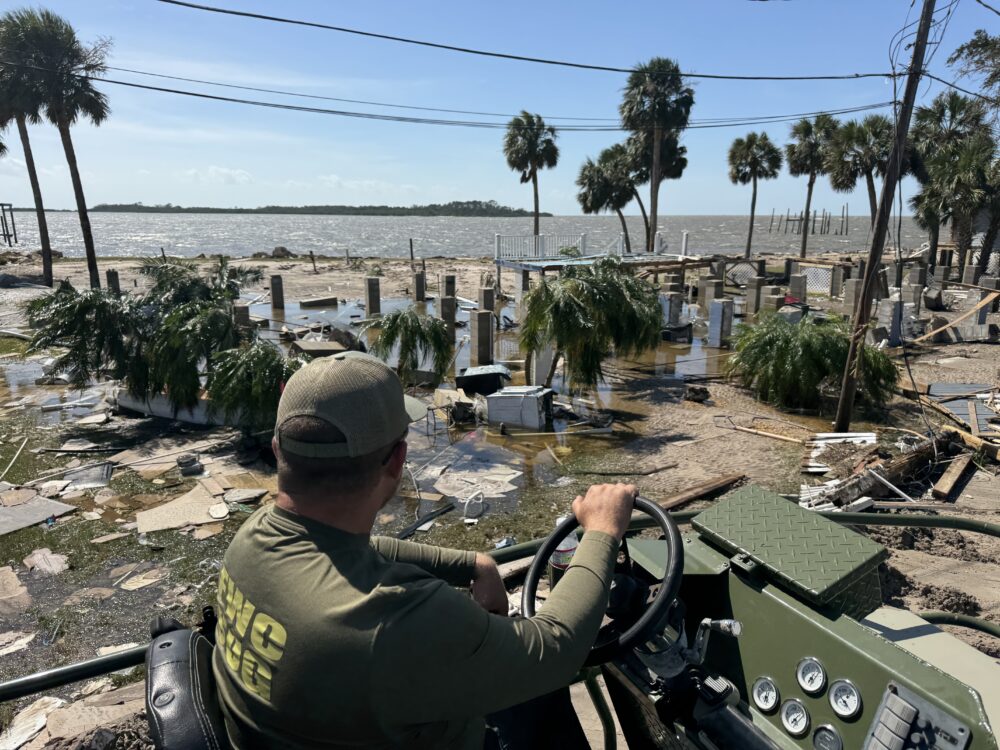We have much more to do and your continued support is needed now more than ever.
A Win for Wildlife: A New & Improved Sustainability Standard for Palm Oil

Whether or not you’ve heard of palm oil, you’ve likely either eaten it or used products that contain it. Each year, more than 60 million tons of palm oil is produced, making it the world’s most consumed vegetable oil. 85 percent of the oil palm grown to produce this quantity comes from South East Asia (primarily Indonesia and Malaysia), where mass deforestation of tropical rainforests has occurred to make room for plantations. This has resulted in the endangering of many species like orangutans, rhinos, and elephants.
The Roundtable on Sustainable Palm Oil (RSPO) is an association of industry and environmental, social, and developmental NGOs. Our previous article explained that the RSPO was formed to tackle the environmental and social problems that were being created by the palm oil industry. The RSPO’s Principles & Criteria are a set of requirements that companies must comply with in order to be certified as sustainable. The Principles & Criteria are reviewed every five years and this year an intensive review process was undertaken by all stakeholders, including the National Wildlife Federation, giving the RSPO over 11,500 individual comments on how to improve the environmental and social aspects of this standard.

The revised Principles & Criteria were voted on November 15, 2018. The RSPO General Assembly overwhelmingly decided to adopt this improved Standard, with 85 percent of the assembly voting yes. This is a watershed moment in conservation of forest habitat in South East Asia.
NWF welcomed this decision which adopted No Deforestation requirements into the P&C, an addition that is necessary to ensuring the wellbeing of wildlife and habitat. Plantation companies will need to follow the High Carbon Stock Approach (HSCA) which is the first practical, field-tested methodology for distinguishing forest areas that should be protected or restored, from degraded lands that may be developed with an integrated land-use planning approach.
Why is this an important improvement?
In earlier versions of the Standard, growers could label their palm oil as sustainable if they didn’t plant on pristine rainforest, but they could still plant on some degraded rainforest, as long as the areas of high conservation value were protected. This was problematic because even very degraded rainforest can still be vital for biodiversity and carbon storage. For example, the habitat of the Sumatran tiger has been drastically reduced due to agricultural expansion. Deforestation is a major problem, particularly because it fragments the tigers’ dwindling habitat, which splits up the already small population of tigers into isolated pockets, and forces them to encroach into human settlements.

The HSCA saves important fragmented and degraded forest from being cut down, which can in turn provide necessary habitat “bridges” for animals like the Sumatran tiger, as well as protect the carbon captures in those forests.
Further environmental requirements in the new standard include the protection of peatlands, placing a strict ban on new development on all peat soils. Peatlands are a type of wetland that are critical for preserving biodiversity, providing safe drinking water, minimizing flood risks and storing vast amounts of carbon, necessary for meeting the Paris Climate Agreement.
Stricter requirements for the protection of human and labor rights were also included in this vote. The 2018 P&C now requires the prohibition of passport withholding or debt bondage (tactics often used in combination to create modern-day slave labor conditions). All workers must be paid a decent living wage based on the Global Living Wage Coalition methodology and members must have a formal policy and take stricter steps toward the protection of children.
Smallholder farmers – non-corporate local farmers who grow oil palm for their livelihoods on relatively small tracks of lands, often with poor yields – are not covered by the P&C, but play an increasingly large role in the industry, currently growing about 40% of global palm oil. The RSPO’s current smallholder-specific standard is widely seen as too complicated and expensive. But for sustainable palm oil to become the norm, it was recognized that the RSPO needs to become more approachable and helpful to these farmers. Thus, an additional and separate standard is currently in development by the RSPO for independent smallholders (those not under contract with a mill, typically owned by better-resourced companies). The current thinking is that once smallholders meet the necessary set of eligibility criteria, they will receive technical support and partial financial benefits up front to help them reach full sustainability certification. This phased process for reaching and verifying compliance will present a lower burden for entry into the RSPO certification system. The smallholder standard is due for ratification in November, 2019, following an additional round of public consultation.
For everyone else, the new Principles & Criteria comes into effect immediately, however existing RSPO grower members will have a transition period of one year to implement the new standard. Our previous research has shown that RSPO certification can reduce deforestation. Now that some of NWF’s recommended changes to strengthen the standard have been made, we believe it’s time for manufacturers and retailers to start buying RSPO certified palm oil as a tool toward fulfilling their no deforestation, no peat, no exploitation (“NDPE”) commitments. Here at NWF, we will continue to work with both the HCSA and the RSPO to ensure that robust and transparent quality assurance mechanisms are in place, so that “Certified Sustainable Palm Oil” actually stands for something.





















